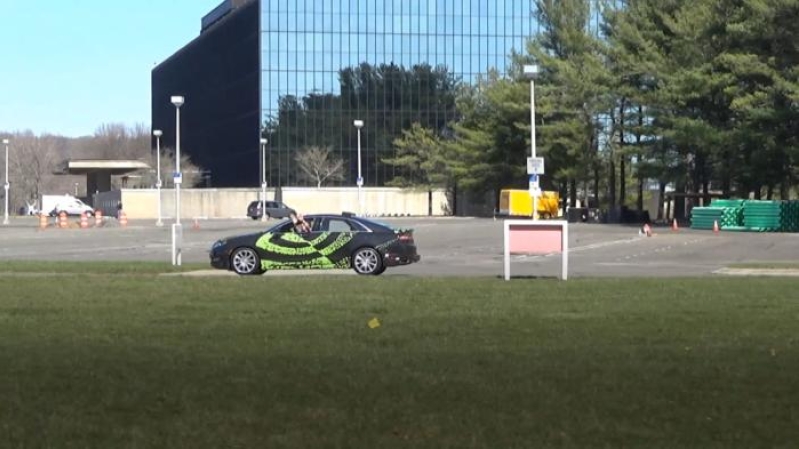
NVIDIA is the current powerhouse when it comes to the GPU market, and they certainly do not seem as though they are going to slow down anytime soon or to relinquish their position at the top. Well, NVIDIA also knows full well that they are not going to survive just on their GPU products alone, even if those products have helped Hollywood cut down their production time and costs when it comes to rendering special effect's on the silver screen. How about tapping other markets that might require the kind of processing power and AI that are already part and parcel of NVIDIA’s business? The self-driving car market is certainly one such avenue.
Why is NVIDIA testing out its self-driving car technology in California? For starters, California is ripe for such tests, where you have companies such as Google, Ford, Tesla, and Mercedes among others gaining approval in order to perform autonomous vehicle testing there. Why not mix it up with the best of them? Obtaining permission from the California DMV, this would mean NVIDIA can now test out its self-driving car technology on public roads.
In hindsight, it looks like the pivotal moment where the door was opened for NVIDIA to jump aboard the autonomous vehicle testing bandwagon was when NVIDIA CEO Jen-Hsun Huang sat down with Telsa CEO Elon Musk in 2015, with the latter emphasizing on how GPU technology has a key role to play in the business, which would surely have sparked an idea or two in the former.
Not only that, NVIDIA is working on their own family of chipsets that will be able to support advanced artificial intelligence. In other words, self-driving car manufacturers are still on the lookout for the next smart algorithm, and NVIDIA could hold the key in this area. Word has it that NVIDIA has already invested more than $2 billion on the P100, which is the processor that Tesla uses which carries 150 billion transistors -- all on a solitary chip.
NVIDIA announced in September this year that they will collaborate with Chinese firm Baidu on developing an autonomous driving AI, already building test cars and testing them out in New Jersey. This bit of news with the California DMV’s approval is certainly another step in the right direction to realize such a dream. CES 2016 saw NVIDIA reveal the Nvidia Drive PX2, which is an AI-based car computing open platform. All it takes is 10 watts of juice for the sole processor to run, supporting supports AutoCruise functions and high definition graphics, so imagine using multiple PX2 platforms that run in parallel in the world of autonomous vehicles.
From the looks of it, just about everyone is jumping on board the self-driving car bandwagon at the moment, which is a good thing for consumers. The more competition there is in this department, the better and faster the technology will evolve. When that happens, there will also be price wars involved, and when the dust settles, surely some will drop out of the race, but the technology developed by then would be far more than what it was in its early days. We are very interested to see just how NVIDIA will play their cards in the self-driving car game, and how will they emerge from it eventually. Only time will be able to tell, but this is a good start for sure.







